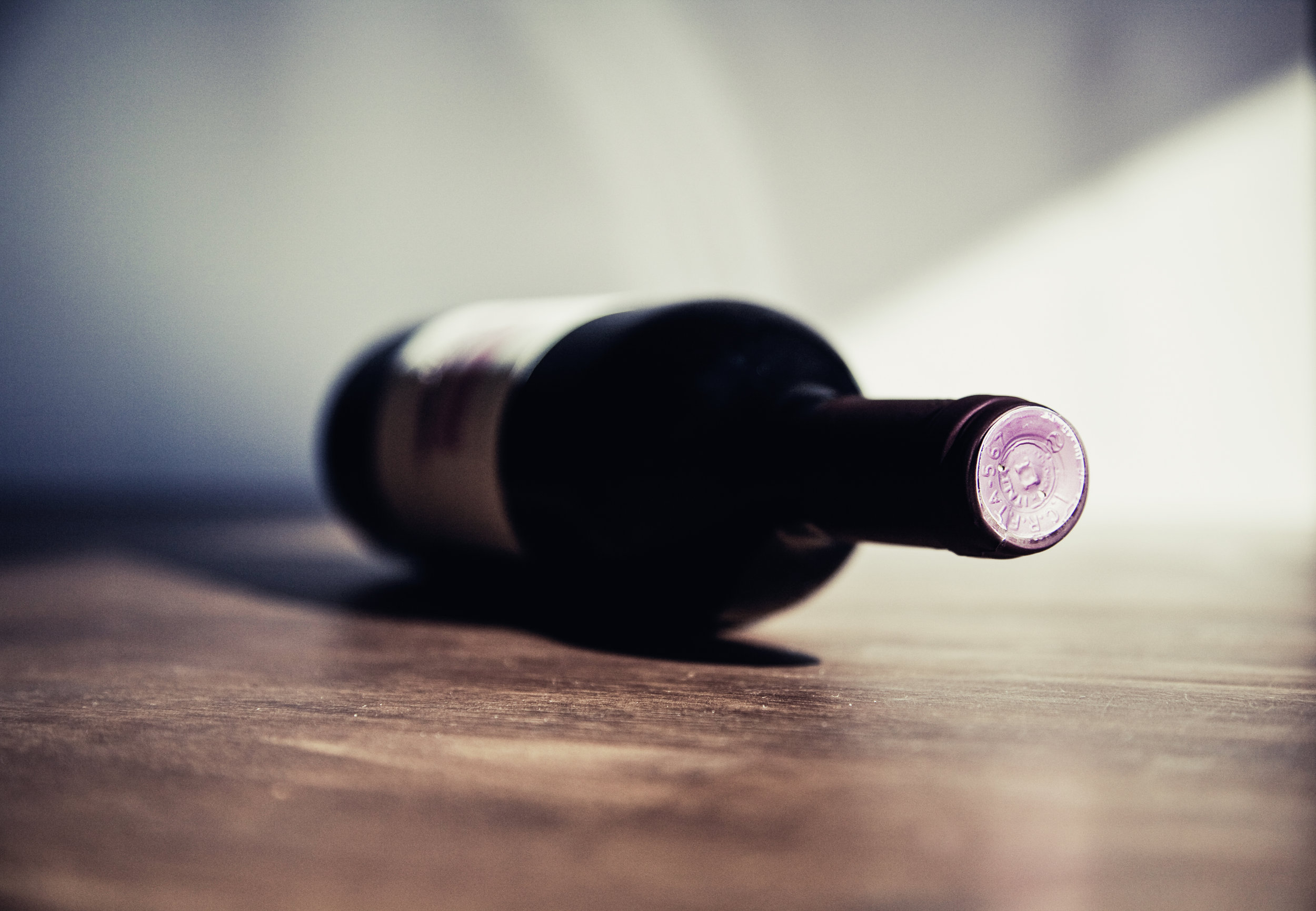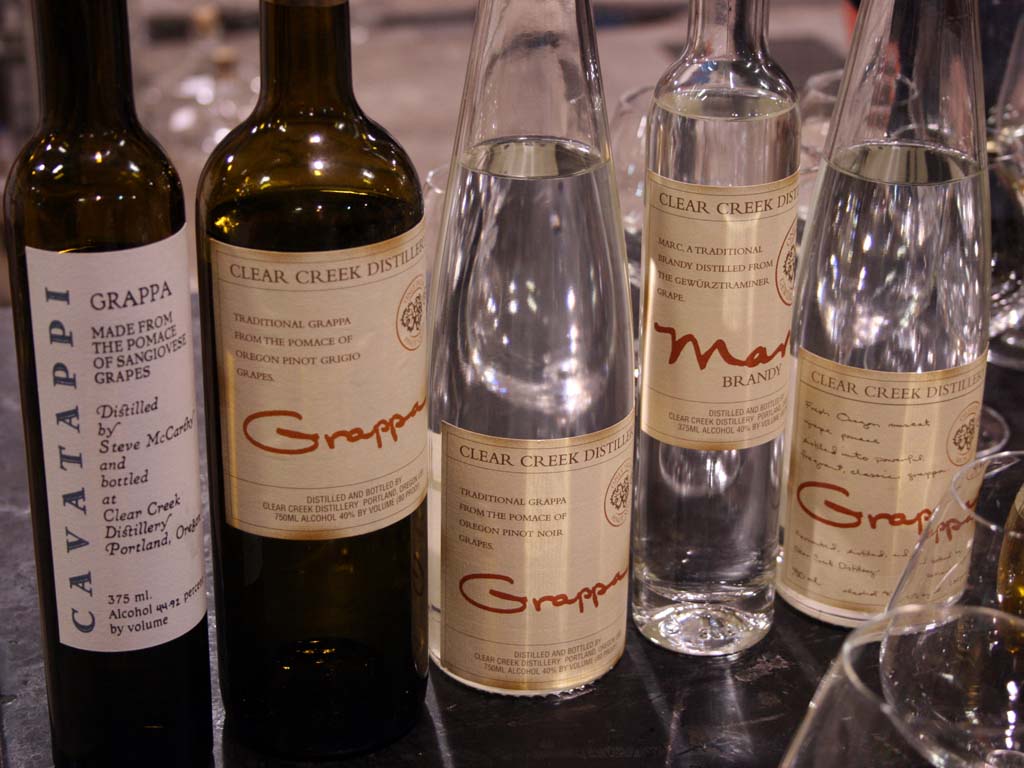The wine industry is experiencing a revolutionary transformation as environmentally conscious producers embrace zero-waste practices that prioritize both quality and sustainability. These pioneering wineries are proving that exceptional wine production and environmental stewardship can coexist harmoniously, setting new standards for the entire industry. From innovative packaging solutions to comprehensive recycling programs, zero-waste wineries are redefining what it means to be a responsible producer in today’s climate-conscious world.
By implementing cutting-edge technologies, renewable energy systems, and circular economy principles, these forward-thinking establishments are not only reducing their environmental footprint but also inspiring consumers to make more sustainable choices. As the demand for eco-friendly products continues to grow, these trailblazing wineries demonstrate that environmental responsibility and premium wine quality are no longer mutually exclusive goals.
Leading Zero-Waste Wine Pioneers
Silver Oak Winery stands as a remarkable example of comprehensive sustainability, operating as a fully net-zero energy and water facility from start to finish. Located in California’s Alexander Valley, this state-of-the-art winery demonstrates how modern technology can achieve complete sustainability. The facility down-cycles water three times throughout production, utilizes natural light as primary illumination, and generates enough solar power to return 5% back to the electrical grid. Their commitment extends to construction materials, incorporating reclaimed redwood and recycled Levi’s denim for insulation.
De Bortoli Wines has earned recognition as a zero-waste wine company through innovative projects spanning over 15 years. Their journey began with wastewater solutions, replacing sodium hydroxide with potassium hydroxide in cleaning processes, allowing treated water to irrigate crops. The family-run operation has implemented comprehensive packaging overhauls, upgraded effluent aeration systems, achieving 90% energy reduction, and installed extensive solar systems, including 230kW solar panels and 200kW solar thermal preheaters.
VSPT Wine Group has achieved remarkable results, reducing carbon emissions per liter by 47% compared to their 2019 baseline, exceeding their 2030 target five years early. The South American producer operates with 100% renewable energy and generates 42% of its own electricity through solar panels and biogas plants that convert organic grape harvest waste into clean energy.
Innovative Waste Reduction Strategies

Modern zero-waste wineries employ sophisticated approaches to eliminate waste streams entirely. Borough Wines revolutionizes wine distribution through tap systems, commercial kegging, and bottle return schemes as part of their Sustainable Wine Solutions project. This approach directly addresses the hospitality sector’s contribution of 129,000 tonnes of annual glass waste to landfills.
Energy-efficient production techniques play a crucial role in waste reduction. Sobel’s Winery exemplifies comprehensive sustainability through solar power integration, water recycling systems, and advanced temperature control technologies that minimize energy consumption while maintaining optimal fermentation conditions. Their eco-friendly packaging utilizes recycled glass bottles, reducing raw material demands while maintaining premium presentation standards.
Yealands demonstrates creative full-circle sustainability by feeding vine prunings to sheep, eliminating mowing emissions while maintaining vineyard health. Combined with wind turbines and solar panels, their innovative approach showcases how creative thinking can transform potential waste into valuable resources.
The Future of Sustainable Wine Production
Zero-waste wineries represent the future of responsible wine production, proving that environmental stewardship enhances rather than compromises quality. These pioneering establishments demonstrate that comprehensive sustainability strategies—from renewable energy adoption to innovative packaging solutions—create competitive advantages while protecting environmental resources. As consumer awareness grows and climate concerns intensify, zero-waste practices will likely become industry standards rather than exceptional achievements.


